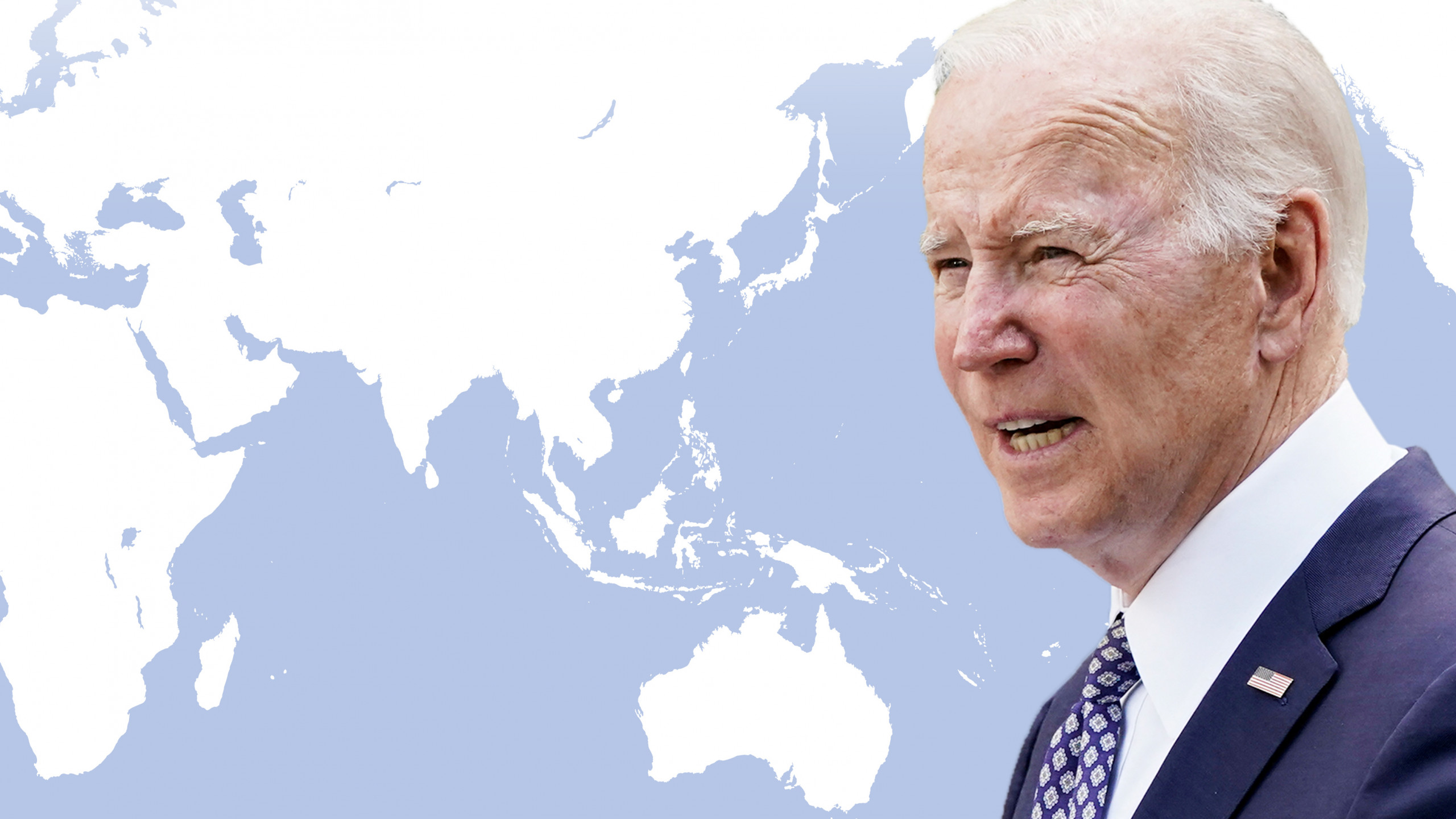Agritech is one of the most promising industries in Southeast Asia. 'Generation Z' activism, population growth and climate change call for a regime change for the sector
Southeast Asia is about to become a hub for agritech. The challenges related to anthropogenic climate change and those that followed the Covid-19 pandemic made sustainable crop care even more urgent. In ASEAN countries, the intersection between new technologies and agriculture seems to be the key to reconciling the profitability of the agricultural sector and the promotion of virtuous production practices, in line with environmental protection. In the block of the ten ASEAN economies, these start-ups in the agri-food sector are enjoying great success. These companies provide highly specialized services for the agricultural sector, such as data analysis and the use of artificial intelligence and robotics for the optimization and monitoring of crops. These businesses are enjoying tremendous success in ASEAN, thus also attracting generous funding from venture capital and foreign investors.
Temasek Holdings, for example, launched the Asia Sustainable Foods Platform this week to channel funding into farms that deal with alternative protein production. The Singaporean investor thus aims to "support local and regional businesses in innovation, growth and marketing" of sustainable food products. Vietnam, on the other hand, has a highly inefficient agri-food sector. “Over 50% of the water is wasted due to excessive irrigation”, noted MimosaTek co-founder and strategic director, Nam Dang, “up to 60% of the fertilizer is not absorbed by crops that drain and destroy the 'environment (…) and over 700 million US dollars are lost in export opportunities due to the excessive use of pesticides and chemicals”. According to experts, this is because farmers do not know the size of the demand or the sanitary conditions of the crops. MimosaTek has developed a service that is based on the Internet of Things (IoT), collects data on crops and manages equipment remotely through a simple cloud.
Young people of Gen-Z (generation zeta) are driving the challenge on sustainable nutrition, even in Southeast Asia. It is one of the generations most attentive to the social and environmental issues that define our century. According to Christine Gould, founder and CEO of the Thought For Food Foundation (TFF), young people are looking for "new food concepts". "They want food that is accessible”, she said, "but that is produced ethically and in a way that is safe for both consumers and the environment." Gould spoke at the signing of a memorandum of understanding between TFF and the Malaysian Global Innovation and Creativity Center (MaGIC), an agency of the Ministry of Science, Technology and Innovation, and other partners. "It is a celebration of our country's renowned culture of delicious and diverse food and the growing leadership of our region in technological innovation” said a TFF Malaysian member.
Over the next decade, the Asian agri-food industry will undergo several changes. From the growth in demand due to the demographic boom expected for local emerging markets, to the consequences of climate change and environmental degradation. According to The Asia Food Challenge report, Asia will double its total food spending over the next decade, from $4 trillion in 2019 to over $8 trillion by 2030, and by then Asian consumers will spend more than double of what they spend today to consume quality food. Larger, more attentive to environmental issues and richer: the population of Southeast Asia will represent an opportunity for foreign investors looking for a promising sector in the thriving markets of the area. From the conjunction between the oldest industry of all, the agri-food industry, and the most avant-garde realities of the tech scene, new economic opportunities will emerge for the ASEAN countries. And it cannot be otherwise: a 'zeta generation' attentive to socio-environmental issues, the population boom expected by 2030 and the urgencies linked to climate change will be the vectors of this incipient development.






